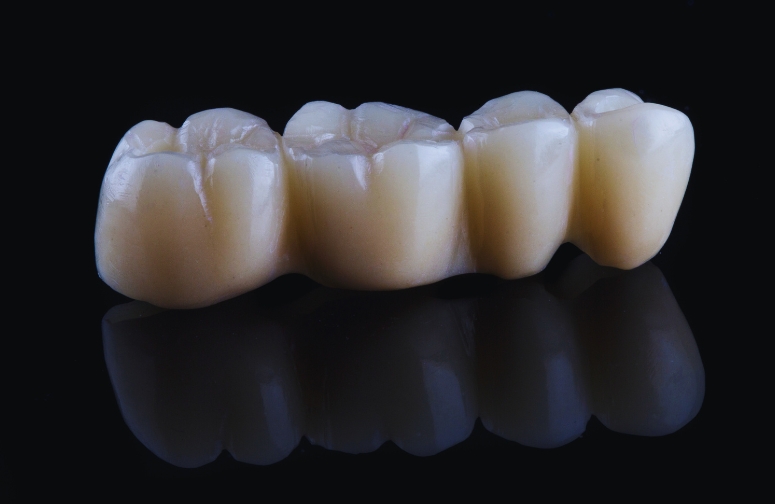
It may seem like just another trip to the dentist—until your dentist suggests a “dental crown.” Suddenly, you’re wondering. Is it going to hurt? How long will it last? Do I need it? If this is you, don’t worry. You’re not alone. Dental crowns are pretty common nowadays, but not always well explained.
Here’s the surprise: even though they are used every day, no two crowns are ever the same. What’s suitable for one isn’t necessarily the best choice for another. That’s why being aware of things you need to know about dental crowns before you get into the chair can be the real difference.
What Is a Dental Crown and Why Might You Need One?
A dental crown is a tooth-shaped cap placed over a tooth to restore its shape, size, strength, and function. It essentially covers the visible portion of the tooth, protecting it from further damage.
Your dentist may recommend a crown if:
- You have a severely worn-down or cracked tooth
- A large filling has weakened the tooth structure
- You recently had root canal therapy
- A dental bridge needs support
- You’re restoring a dental implant
Crowns aren’t cosmetic, though—they’re restorative. In most instances, they’re to save what’s left of your natural tooth.
Types of Crowns and How They Vary
Dental crowns are constructed from an assortment of materials, each with advantages and disadvantages. Typical types include:
- Porcelain or ceramic: Ideal for front teeth, looks natural
- Metal: Durable and long-lasting, most often placed on back molars
- Porcelain-fused-to-metal (PFM): Strong with natural finish
- Resin: Cheaper but wears more quickly over time
What’s best for you will depend on considerations such as the location of the tooth, your bite, and personal choice.
The Crown Procedure: What to Expect
Having a dental crown typically takes two visits. In the first appointment, the dentist adjusts the tooth and takes an impression. A temporary crown can be fitted to cover the tooth. The lab makes your permanent crown and bonds it in place on your second visit.
Some offices now provide same-day crowns with CAD/CAM technology, but availability varies.
How long will crowns last, and how should you take care of them?
With good care, crowns may last 5 to 15 years, sometimes more. But longevity varies based on factors such as material, placement in the mouth, oral health, and even bite.
How to maintain your crown in prime condition:
- Brush twice a day with fluoride toothpaste
- Floss carefully around the crown
- Avoid hard or sticky foods
- Go for regular dental exams and cleanings by your dentist
You should also inform your dental caregiver if you sleep with your teeth grinding, since that will accelerate the crown lifespan.
Things You Need to Know About Dental Crowns
Crowns won’t stop future dental issues, but they will restore function and aesthetics. If there’s dental decay beneath, it still must be treated. And not every damaged tooth is a candidate for a crown—sometimes a filling or extraction is better.
And also, a crown might feel a little different initially. That’s okay. But if your bite doesn’t feel right, don’t wait—speak with your dentist.
Get Advice from A Licensed Dentist Who’ll Sit Down and Talk
Dental crowns are more than a procedure, they’re part of how you keep your health and confidence intact. If you’re not sure if you need one or what kind is right, a consultation with your dentist in Winfield can make things easy to understand for you. Ask questions. Get honest answers. And don’t rush.




